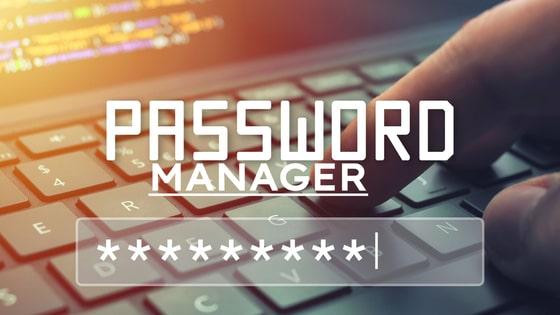Benefits Of Using A Password Manager
We all want our sensitive data to be protected, yet some users often rely on weak passwords because memorizing complex passwords is painful. This approach is dangerous.
Unless you want to constantly safeguard a hard copy list of all your passwords, you should consider setting up a password manager. Such a solution can help you easily oversee and handle all your login credentials for any online account and maintain proper password security.
These solutions are also very handy when it comes to auto filling fields and syncing your data across PCs, Macs, iPhones, Android-powered devices, etc.
What is a Password Manager?
A password manager is basically an encrypted vault that securely stores login information used to access applications and accounts. Besides keeping your identity, credentials, and sensitive data safe, some password managers utilize a password generator to create strong, unique passwords every time. All passwords are stored in an encrypted database and locked behind a master password.
With all the recent cyber incidents, having a unique password for each account you use means that if one gets hacked, your stolen password can’t be used on other accounts. You are basically using multiple passwords to create your own security features.
A 2017 report from LastPass found that people had to remember 191 different passwords, on average, just related to their work.
While technology usually makes our lives easier, new websites and applications we sign up for involve new passwords we have to remember. It is almost impossible to remember all of them. A 2021 Last Past survey reveals that 80% of respondents were concerned about changing passwords frequently, but 48% of them stated that they won’t change their password unless it is required.
By using large lists of stolen passwords bought off the dark web, hackers can brute force their way into other websites or use old passwords to extort users. According to the 2019 Verizon Data Breach Investigations report, 80% of data breaches are caused by compromised, weak, or reused passwords.
What are the benefits of using a password manager?
Firstly, you don’t have to remember all those passwords. A password manager can securely keep them for you. Once your usernames and passwords have been entered into the vault, your master password is the only one you must remember. Entering the master password unlocks the vault, so you can then retrieve whatever password you need. Add more security to your vault by two-factor authentication. A strong password combined with a two-step verification protocol provides the most protection.
If you choose a cloud-based password manager, then you can access your password vault from any device, anywhere.
Some password managers can securely keep more than username/password pairs. Sensitive information such as shipping addresses and credit card information can be protected too. With just one master password or a fingerprint, the user can access them and autofill web forms.
They can generate new passwords for you. Typically, you will be prompted to choose if you would like the password manager to create a password whenever you create a new account with a website or application.
They can alert you to a phishing site. Spam emails are deceptive, as they look like they are coming from a legitimate sender. Links included within such emails send the recipients to malicious websites designed to steal their sensitive data. Browser-based password managers will not auto-complete the username and password fields because they won’t recognize the website as the one tied to the password and thus protecting your data from a potential exploit.
Password managers save time. In addition to storing your passwords, some password managers also auto-fill credentials allowing you to quickly access your accounts.
There are password managers that can sync across different operating systems. For instance, if you are a Windows user at home and a Mac user at work, you will be able to quickly access your passwords regardless of which platform you are on.
Password managers help protect against identity theft. By using a unique password for every account, you are essentially improving the security of each account. If one of your accounts gets hacked, attackers won’t be able to get into any of the others.
Many robust password managers can assist in collaboration. This feature allows you to share passwords securely, between employees or external clients.
Types of password managers
Desktop-based password managers store passwords on your device (Mac, laptop, etc.) in an encrypted vault. Usually, the user cannot access those passwords from any other device.
Cloud-based password managers store encrypted passwords on the service provider’s network. The service provider is responsible for the security of your passwords. The main benefit of cloud-based password managers is that the user can access their password vault from any device that is connected to the Internet.
Protect your data like a professional and use a password manager to keep your credentials safe and secure.



